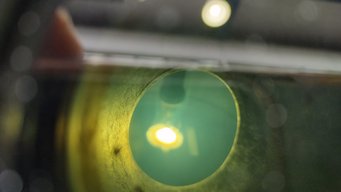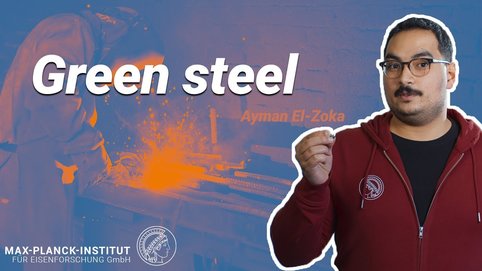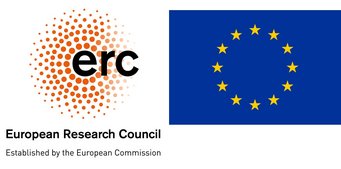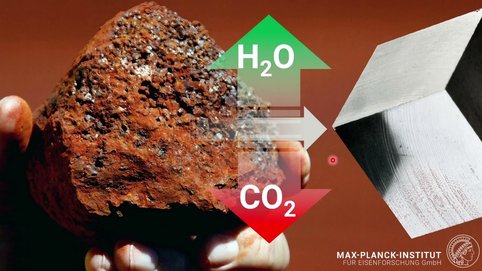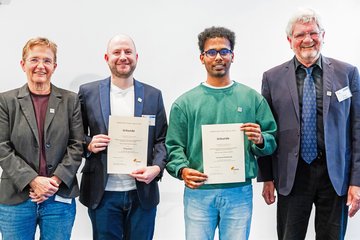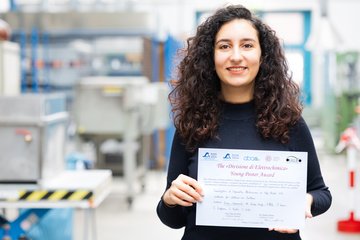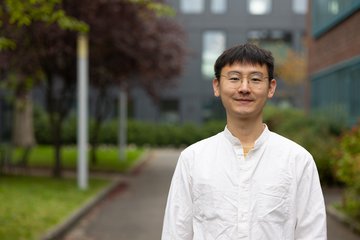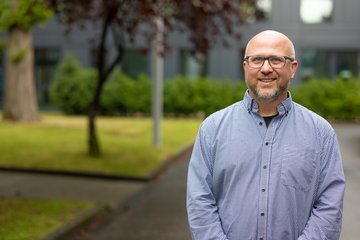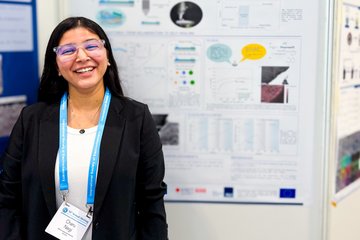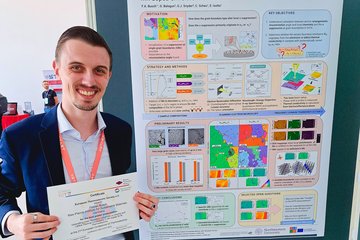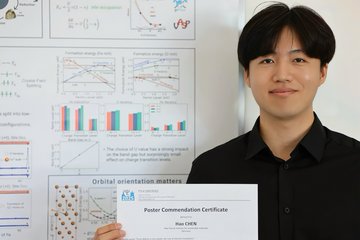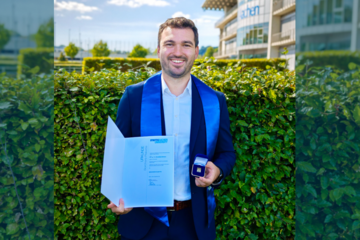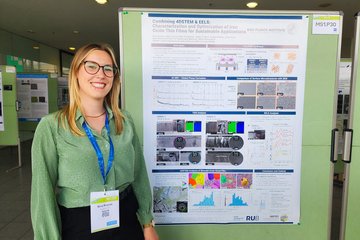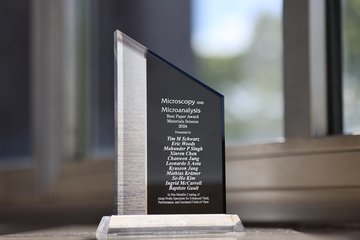“ROC” rocks: Green steel project funded by European Research Council
Prof. Dierk Raabe, director at the Max-Planck-Institut für Eisenforschung, wins ERC Advanced Grant
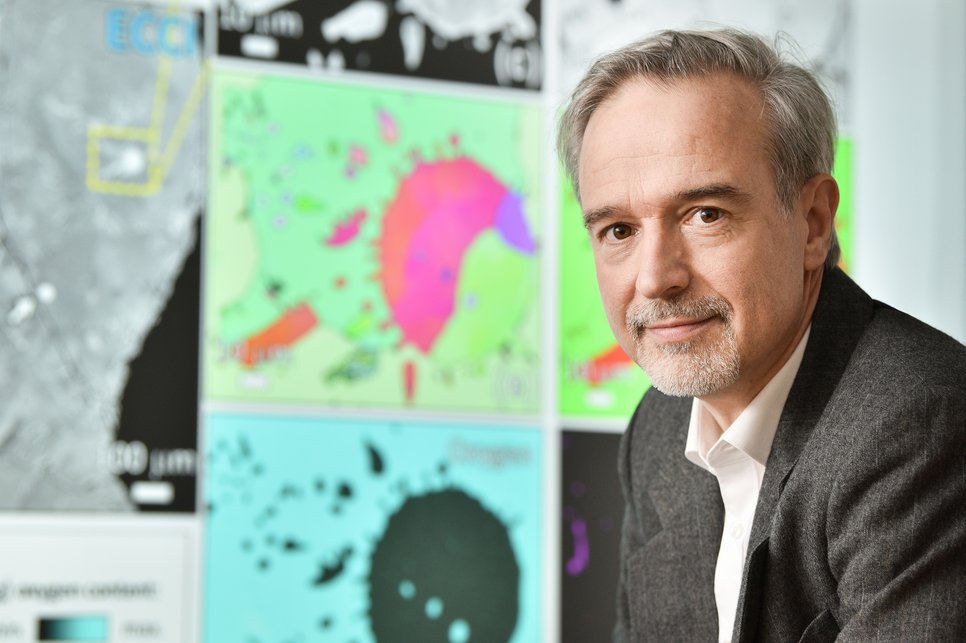
The European Research Council (ERC) awarded Prof. Dierk Raabe, director at the Max-Planck-Institut für Eisenforschung (MPIE), an Advanced Grant endowed with 2.5 million euros for five years for his project “ROC”. “ROC” is an acronym for “Reducing Iron Oxides without Carbon by using Hydrogen-Plasma”. The grant enables Raabe to intensify his basic research on finding the most efficient and sustainable way to produce green steel.
Hydrogen plasma and electric arc furnaces to reduce 8% of greenhouse gases
“The global steel industry is the largest single greenhouse gas emitter on earth, responsible for 8% of the world-wide carbon dioxide emissions. Imagine the impact, if we could cut these emissions by 80% or even more.” says Raabe, “That’s why I’m so thrilled to win this prestigious award. The leverage is huge as even small steps can help avoiding gigantic amounts of emissions in the rapidly growing global metallurgical sector, with more than 1.8 billion tons of steel produced every year. This problem cannot be solved by trial-and-error. It needs deep insights into the underlying mechanisms, to re-invent a 3.500-year-old industry within a few years”. Today, 70% of the iron is won by reducing ores in giant blast furnaces using carbon monoxide as reductant, creating an iron-carbon mixture. This is further refined by removing most of the carbon, turning the raw iron into steel. Both, the reduction and the refinement create the huge carbon dioxide emissions.
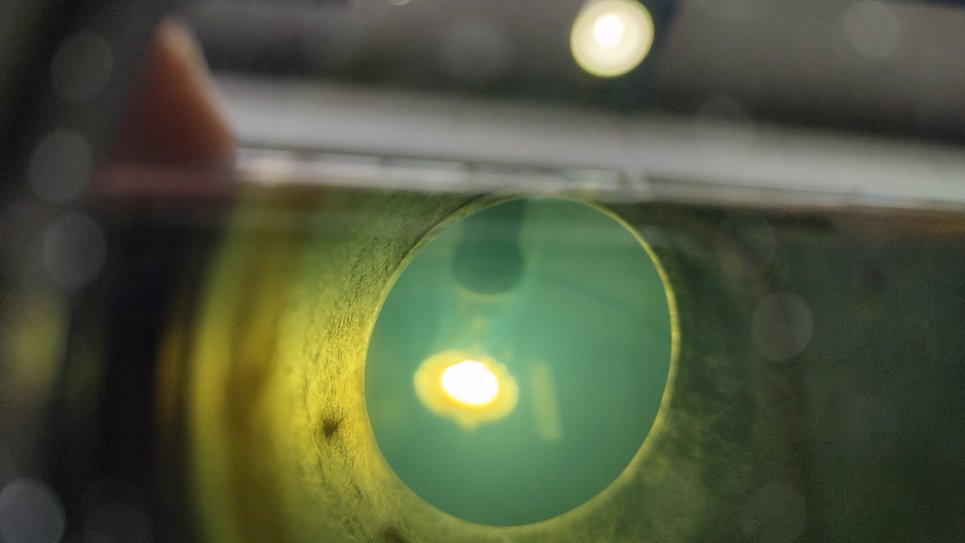
Several new methods are currently explored by industry to produce iron with partial substitution of carbon-based reductants, mainly via solid state direct reduction with natural gas and hydrogen. However, the process is slow and many of the underlying reduction mechanisms are not well understood. The project “ROC” is based on two approaches: a) to use hydrogen-plasma instead of carbon as a reductant for iron ore thus having only water as a side product and b) to use electric arc furnaces that combine reduction, melting, mixing and impurity removal in a single process step. “Our aim is to explore the physical and chemical foundations of the reduction processes down to atomistic scales. This understanding will allow us to find the most suitable reactor and reductant mixtures for the highest metallic yields at lowest hydrogen and energy use.”, explains Raabe.
Experimental and computational methods to understand reduction processes
Reducing the biggest industry emissions: Green steel
Ayman El-Zoka explains the challenges researchers face and their approach to use hydrogen instead of carbon to produce green steel.
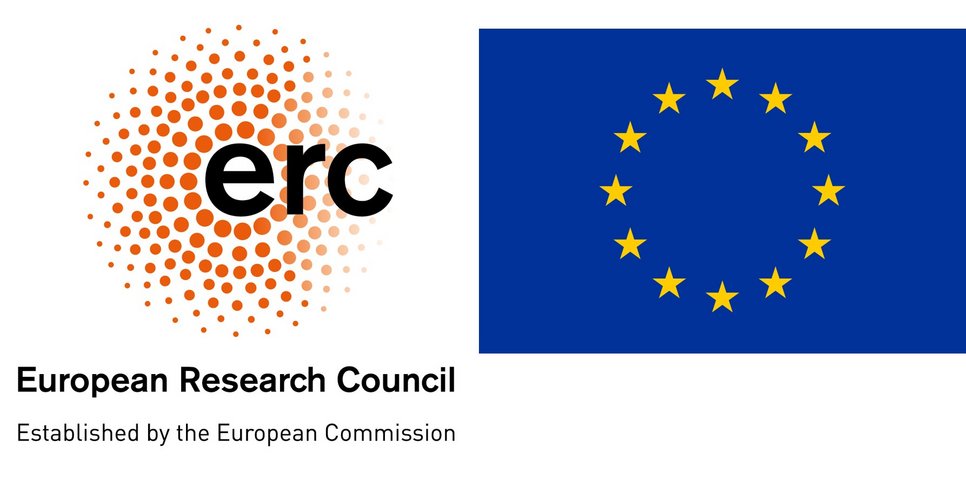
The grant finances several researcher positions and all MPIE departments will be involved in the project. It will make use of instrumented laboratory furnaces, atomic-scale characterization, and advanced simulation and machine learning methods to explore the elementary nucleation, transformation mechanisms, the influence of mixed charging and contaminants from the feedstock, as well as different reduction and plasma parameters. The entire steel making process could become carbon-free if the hydrogen and electricity come from sustainable sources and no graphite is used in the electric arc furnace.
Dierk Raabe studied Physical Metallurgy and Metal Physics at RWTH Aachen University where he obtained his doctoral degree 1992 and habilitation 1997. Afterwards, he received a Heisenberg scholarship of the German Research Foundation and worked as a postdoctoral fellow for two years at the Carnegie Mellon University in Pittsburgh (USA), before joining the MPIE 1999 as director of the department “Microstructure Physics and Alloy Design”. Raabe’s research focusses on the multiscale analysis of complex metallic materials and advanced alloy design combining both, experimental and theoretical methods. He has received several awards like the Gottfried Wilhelm Leibniz Award 2004, an ERC Advanced Grant 2012 and the Acta Materialia Gold Metal 2022.
The grants of the European Research Council are regarded as one of the most prestigious international research grants. 1735 proposals were submitted European wide in this application round whereby 253 scientists were successful.
Further readings:
Author: Yasmin Ahmed Salem

